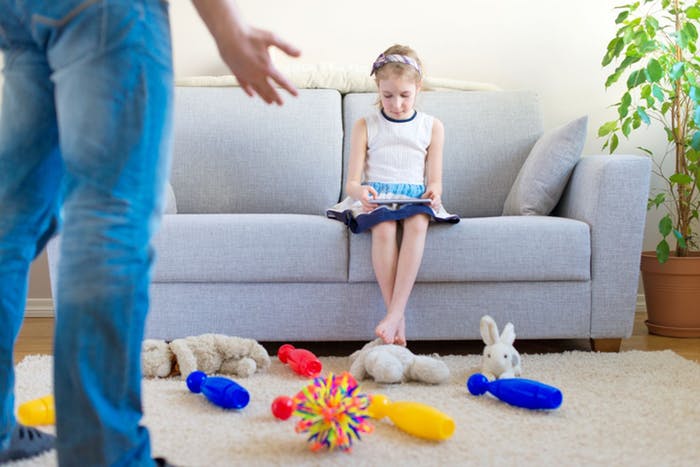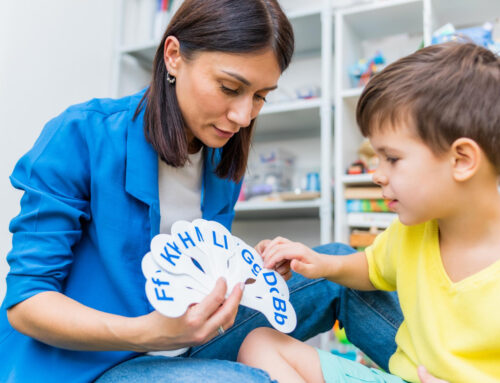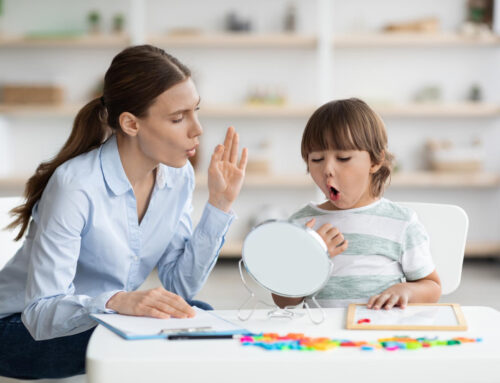
Unless that rare person out there is doped up on a mild sedative, every parent on the face of the Earth as yelled or raised their voice at their child. Young people can state day in and day out that “when I have kids, I will never yell at them”. In the end, the experienced parents giggle because the kids start coming into young people’s lives writing on walls, ripping up bills, throwing the I-phone on the floor, urinating on the freshly cleaned carpet, cutting siblings’ hair with the so-called hidden scissors, hiding in the racks at the clothing store, barfing on mommy’s bed, pouring the cereal all over the kitchen, dumping all of the water out of the tub with a Dixie cup, and the list goes on. The frustration and anger only starts to fester and boil because these obnoxious acts happen not only once, not twice, but an infinite amount of times within a 24-hour period. Thus, the human instinct crawls out of us adults to yell and scream to make the problems go away.
There are two reasons that yelling at our kids is not an appropriate response:
- Even though it immediately stuns the kids, it doesn’t end up being a very productive response in the end.
- Yelling can be just as negative as physical punishment
According to the Child Mind Institute, yelling at your kids can result in several unsolved issues. Your child will be so caught up in the emotional reaction of you yelling at them that they may fail to see why you are disciplining them in the first place. The child may also shut down or ignore you because they’ve heard you yelling before. Additionally, if yelling becomes the primary mode for communication then your child will mimic that behavior and not be able to develop positive bonding opportunities with you (Arky, 2018). Let’s take a look at the following scenario:
Peter is a 4 year old boy living with his mother and older sisters. Lately, Peter has been getting into the habit of taking DVDs from cases and throwing the discs on the floor while tearing up the paper covering. His mother, stressed from working as a single mother, often approaches this situation by yelling at Peter. Unfortunately, Peter has done this on multiple occasions and has grown used to his mother’s screams. When his mom’s not looking, Peter yells in a similar manner at his sisters when he doesn’t get his way.
Wang and Kenny (2013) conducted a study with over 900 families. Their results revealed that harsh verbal discipline from mothers and fathers against adolescents led to incidences of conduct problems and depression. They argued that yelling could be equally as damaging to a child as physical punishment.
In many incidences, kids are simply not going to get it when parents yell at them about poor behaviors. They are either too young or they could possibly have some underlying developmental issues that further prevent them from understanding their parents’ intentions. Take a look at the following scenario:
Thomas is a 7 year old boy with high-functioning autism spectrum disorder. He has a very rigid routine, and even if a portion of it is interrupted or thrown off he has a complete meltdown. One day, his mom told him that he couldn’t bring his favorite water bottle to school because it had a crack in the bottom and needed to be replaced. As a result, Thomas through himself on the floor in a raging fit, banging his head against the ground and throwing any toys within his reach at the wall. His mother’s instinctive reaction is to raise his voice at him and to tell him to stop. As her voice gets louder and more shrill, his behaviors escalate.
Note that not yelling at your kids is not the same as not disciplining them. Children need structure and direction because they are learning and growing, which means they are prone to making some nasty mistakes until they get things right. Tell them no. Tell them they aren’t allowed to do something. Tell them that a punishment (not verbal or physical, but maybe taking a privilege or toy away) is on its way, but do so with a calm voice. Give them some credit for understanding you and explain to them why certain behaviors are inappropriate and why punishment is necessary. If your child has special considerations due to developmental issues, consult with a specialist about how to best communicate with your child during behavioral episodes. You will not get it right immediately, and you will lose it on occasion. However, push to do better to preserve your relationship with your child and to raise a healthy individual.
References
Arky, B. (2018). Calmer Voices, Calmer Kids. Child Mind Institute. https://childmind.org/article/calm-voices-calmer-kids/. Viewed on Oct 16, 2018.
Wang, M. & Kenny, S. (2013). Longitudinal links between fathers’ an mothers’ harsh verbal discipline and adolescents’ conduct problems and depressive symptoms. Child Development, 85(3). https://doi.org/10.1111/cdev.12143. Viewed on Oct. 16, 2018.





